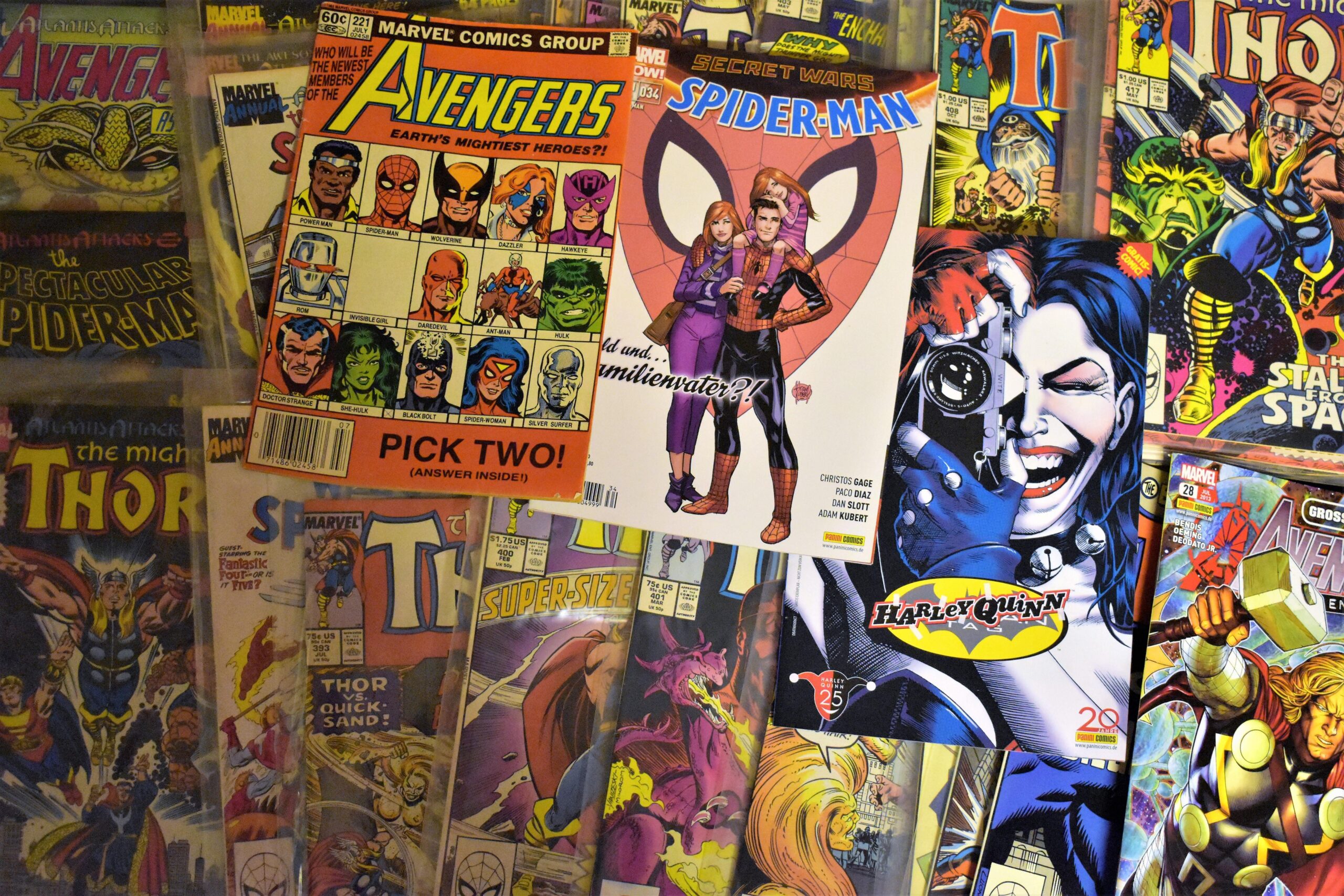WandaVision isn’t your typical sitcom — unless, of course, you grew up in the 1950s, in which case it’s on point. Unless you’ve been holed up in a cave with no access to the internet for the past year, you know that the gimmick to WandaVision is playing off of classic sitcoms of the 1950s […]

